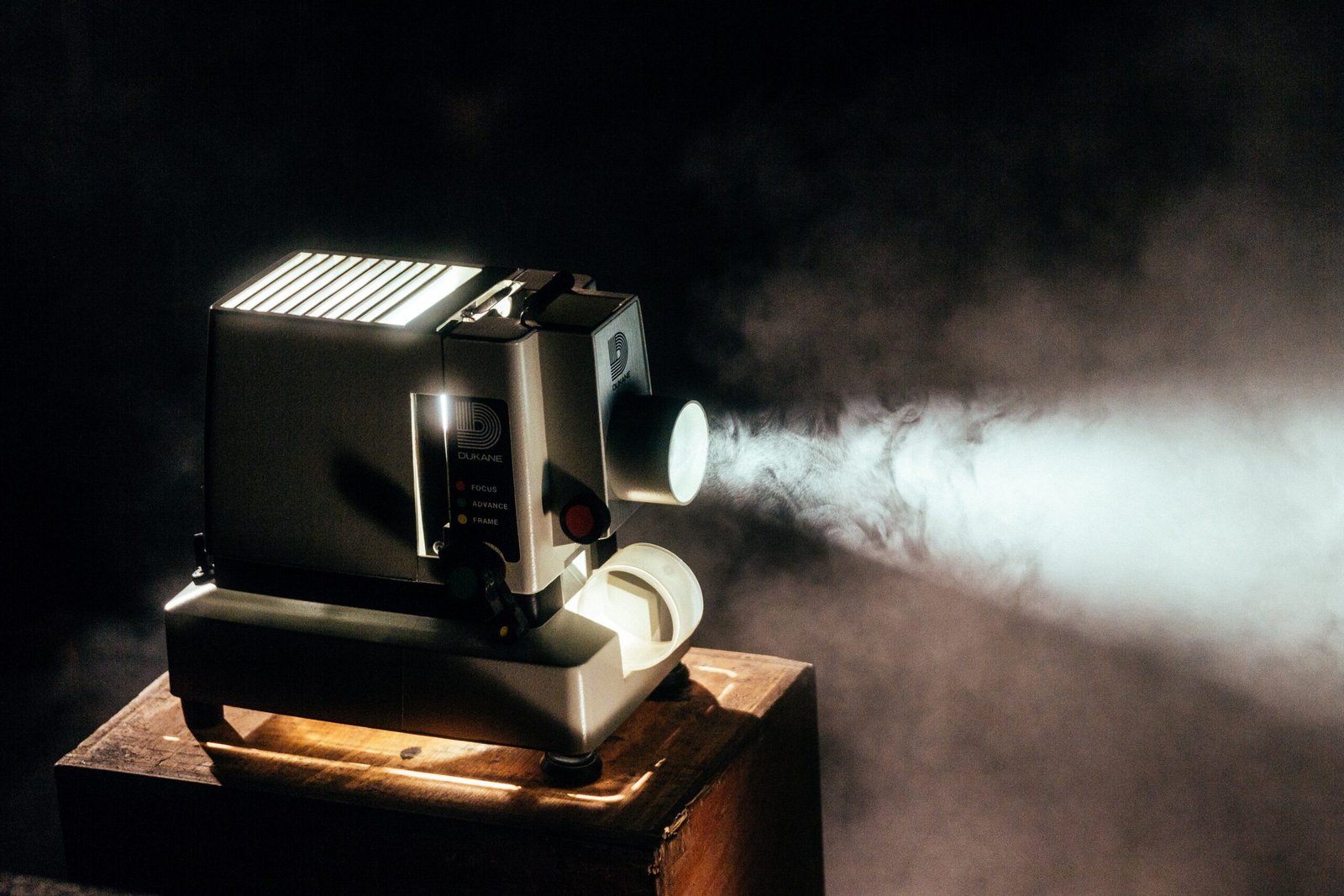The Birth of Cinema: A Journey Through Time
In today’s digital age, where movies are easily accessible at the click of a button, it’s hard to imagine a time when the concept of cinema didn’t exist. However, there was a time when the world had yet to experience the magic of moving images. In this article, we will take a journey back in time to explore the origins of cinema and the first movie ever made by a human being.
The Predecessors to Cinema
Before the invention of cinema, there were various forms of entertainment that laid the groundwork for what would later become movies. The magic lantern, invented in the 17th century, projected hand-painted images onto a screen, creating the illusion of movement. This early form of visual storytelling captivated audiences and laid the foundation for the development of moving pictures.
Another important precursor to cinema was the zoetrope, a device that spun a series of images inside a cylinder, creating the illusion of motion when viewed through slits. Although the zoetrope was not capable of capturing real-life scenes, it demonstrated the potential for creating moving images.
The Lumière Brothers: Pioneers of Cinema
It was in the late 19th century that the Lumière brothers, Auguste and Louis, made a groundbreaking discovery that would change the world forever. They developed the cinematograph, a device capable of capturing, processing, and projecting moving images onto a screen. On December 28, 1895, the Lumière brothers held the first public screening of their films at the Grand Café in Paris, marking the birth of cinema as we know it.
Their short films, such as “Workers Leaving the Lumière Factory” and “The Arrival of a Train at La Ciotat,” astonished audiences who had never seen moving images before. People were captivated by the lifelike scenes unfolding before their eyes, and the Lumière brothers’ invention quickly spread across the globe, sparking a new era of visual storytelling.
The First Movie Ever Made
While the Lumière brothers are often credited with the birth of cinema, it is important to note that they were not the first to create moving images. The honor of making the first movie ever goes to Eadweard Muybridge, an English photographer and inventor.
In 1878, Muybridge conducted a series of experiments to settle a debate about whether all four of a horse’s hooves leave the ground when it gallops. To capture the motion of the horse, he set up a row of cameras along a racetrack, each equipped with a tripwire that would activate the shutter when the horse passed by.
When Muybridge played back the series of photographs in quick succession, the images came to life, revealing the true motion of the horse. This groundbreaking experiment, known as “The Horse in Motion,” paved the way for the development of motion picture technology.
The Evolution of Cinema
From these humble beginnings, cinema has evolved into a multi-billion-dollar industry, with advancements in technology enabling filmmakers to create breathtaking visual experiences. Silent films gave way to “talkies,” black and white films transitioned to color, and analog film was replaced by digital formats.
Today, we have access to an endless array of movies that span across genres and cultures. From Hollywood blockbusters to independent films, cinema continues to captivate audiences worldwide.
The Impact of Cinema
Cinema has had a profound impact on society, serving as a medium for storytelling, entertainment, and cultural expression. Movies have the power to transport us to different worlds, evoke emotions, and inspire change. They have the ability to shape our perceptions, challenge societal norms, and ignite important conversations.
Whether it’s a thought-provoking documentary, a heartwarming romance, or an action-packed adventure, movies have the power to unite people from all walks of life. They provide a shared experience that transcends language barriers and cultural differences. https://온리원티비.net
The Future of Cinema
As technology continues to advance, the future of cinema holds endless possibilities. Virtual reality, augmented reality, and immersive experiences are reshaping the way we consume movies. Filmmakers are pushing the boundaries of storytelling, experimenting with new techniques, and embracing emerging technologies.
While the world of cinema has come a long way since the first movie ever made, the essence remains the same. It is a medium that allows us to explore the depths of human imagination, connect with others, and experience the magic of storytelling.
So the next time you sit down to watch a movie, take a moment to appreciate the rich history that has led us to this point. From the pioneers of cinema to the advancements of the digital age, each frame on the screen is a testament to the power of human creativity and innovation.

